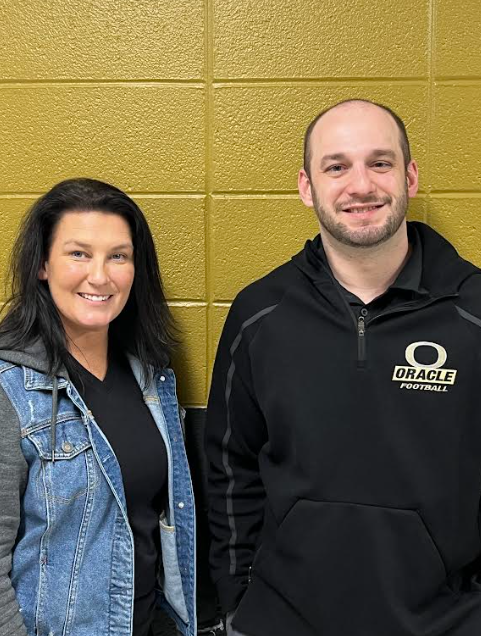Perfection: An epidemic of extreme proportions

Imagine this: you are cleaning up your room, something that is long overdue. After a hour of work, your back is aching, and all you want to do is hop on the couch and relax. But then you start to notice some things that need fixing. Your bed covers are slightly ruffled. You have some dust bunnies in the corner. Your shelf is all cluttered, with no order in sight. Since this is the first time in a long time you’ve cleaned your room, it has to be just perfect. So you set about to the task, getting down and nitpicky, until what was a one hour task has turned into a 2+ hour task. Congrats. You’ve just been diagnosed with perfectionism.
There are multiple types of perfectionism that plague our society. According to Psychology Today, there are three main types of perfectionism. There is self-oriented perfectionism, which is where you want yourself to be perfect. Other-oriented perfectionism is when you place unrealistic standards on others to be perfect. And finally, there is socially prescribed perfectionism, where you feel like others are putting their expectations on you, so you have to be perfect.
But why is perfectionism such a problem? Perfectionism causes us to become stressed out. I think many of us can attest to that. We can become so focused on one thing that it eventually drives us crazy. Perfectionism can unfortunately also lead us to spend time away from the things that matter. We can become so focused on a task because it has to be “just right,” and we can’t stop until it is.
So why do we sometimes feel the need to be a bit of a perfectionist? I believe that the reason for this is because our society places this upon us, whether it is consciously or unconsciously. Take for example social media. While the primary use of social media is to connect people, it can also lead some people to feel as if they aren’t enough. I would also argue that our schools cause us to lean towards the perfectionist side. From toddlers, we have the idea pounded into our brains that a more perfect grade is better, and if we are able to attain the perfect grade, then we have made it, and if we don’t, then we are a failure. “The perfectionism doesn’t affect the quality of their work,” English teacher Ms. Isaacs said; “rather, it contributes to the students’ stress.”
It is also important to realize one more factor for our perfectionism. One reason that many people struggle with perfectionism is because of an influence of an adult upon us when we were a kid. Maybe one day we would proudly make our bed, and show Mommy or Daddy. As a response, they would then say “Good job!” and then proceed to smooth out the wrinkles. From anyone’s point of view, that is saying, “I know you tried your best, BUT it could be better.” In turn, we think that we have to be better, otherwise, Mommy or Daddy won’t love us, or be proud of us.
Often, parents don’t even realize that they are doing this. It’s common for many of these parents to be a bit perfectionistic themselves. “It depends on how extreme it is,” says sophomore Katie Stanley. “If you’re getting screamed at because you got a B on your math test, that’s not acceptable. But if they’re saying, ‘Did you do your best?’ that’s a whole different situation.”
I am in no way saying that I have got the market cornered on conquering perfectionism. I myself can and will admit that I sometimes take things too seriously, and personally, that it takes more of a toll on me than it should. The important thing I need to realize is that I need to strive for excellence and not perfection.
Excellence. What’s the difference between it and perfection? Perfection is something that will never be attainable. It just won’t. No matter how hard we try, we will never get to perfect. However, one thing we can strive for is excellence. Excellence is attainable; it is our best try, and then being happy with that. Excellence won’t destroy us as perfection does. So what we need to do is recognize that we’ll never be perfect, and that’s OK.

Jordan is a senior at Delphi, and this is his third year writing for Parnassus. He is involved in Interact, SADD, NHS, Band, and swims on the swim team....






















Emily Hudson • Apr 16, 2018 at 12:40 pm
I definitely love your approach to this, Jordan. The excellence paragraph pointed out some things I need to shift my focus towards.